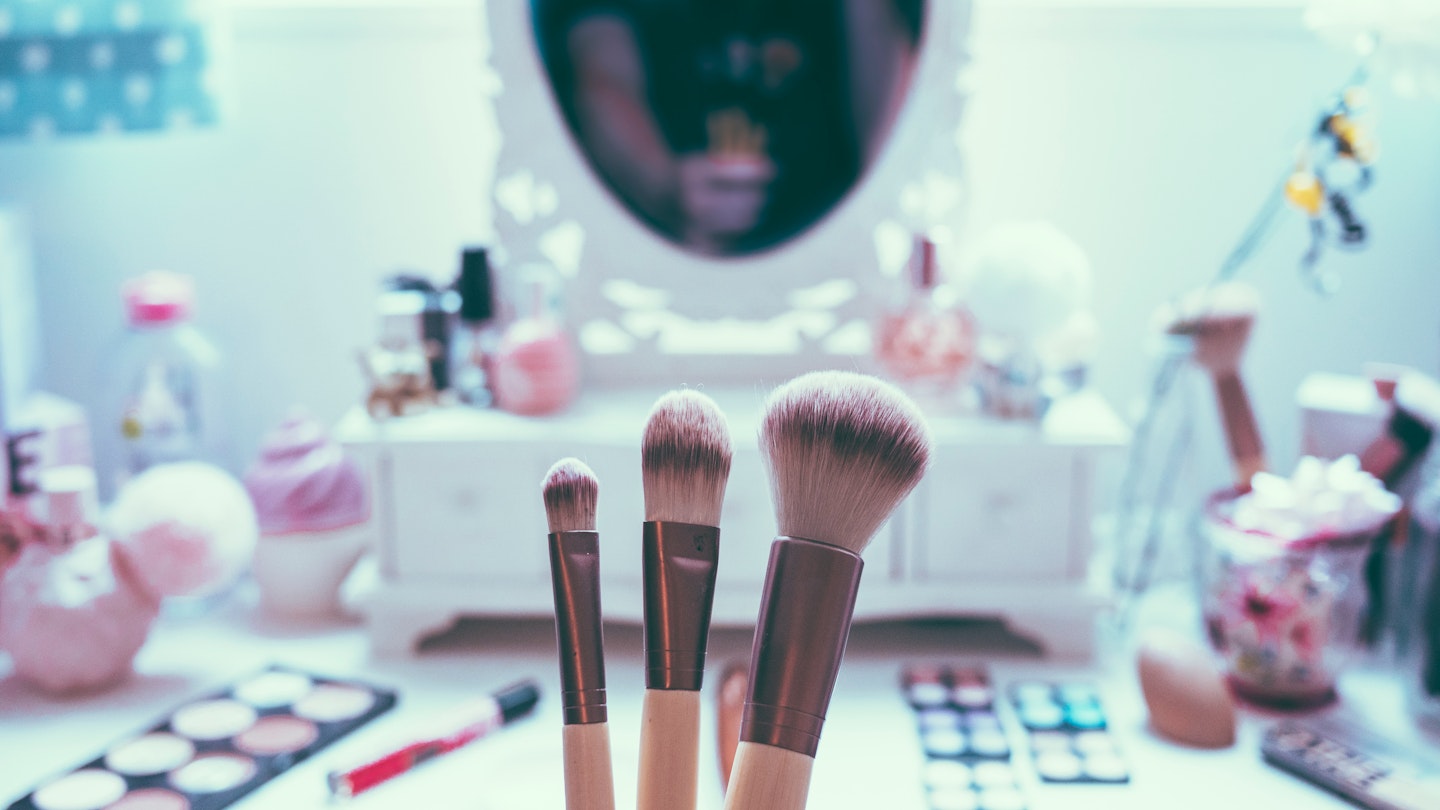How old do I look? I know I look older than I am (28, in case you’re curious). Do I want to look older? No, but it is a fact of science that I do.
A recent study has shown that women under 30 look older with make-up on, while women over 30 look younger. At some point (in two years’ time, in my case), for a brief window, we look the age we are. Perception is a tricky mistress.
It was Richard Russell who works at the Department of Psychology at Gettysburg College that published the paper which was produced in collaboration with Chanel Fragrance & Beauty Research & Innovation (more on that later) in the British Journal of Psychology. He’d asked 32 women of different ages (20, 30 40 and 50-years-old or thereabouts) to have their picture taken with and without make-up, which was applied by a professional MUA with strict instructions to be first ‘natural’ and secondly ‘intense’. All the lighting and photographic conditions were kept the same so when the first batch of 132 female participants (aged 19-55) saw the images they were able to answer Russell’s two questions: estimate their age using a sliding scale (ranging from 10 to 70) and rate their attractiveness. He told Grazia he was surprised by their findings.
Sure the latter question is subjective, but we live in a world where beauty and age are indefinitely linked. Otherwise, why would so many cosmetic products promise anti-ageing and a ‘youthful glow'? Sure, the linguistics of the beauty industry is changing - notably moving away from the word ‘anti’ - but the basic premise - that these products are designed to slow the signs ageing, is ever present. Research, by the likes of [Dario Maestripieri](https://www.ncbi.nlm.nih.gov/pmc/articles/PMC3938111/3938111/), showed there’s a cognitive bias that can’t be ignored as your visual age is an indicator of fertility, power, rank and potential health and therefore how attractive you are as a mate. Animal instinct takes over, if you will.
Once Russell and his colleagues had collected their data they realized that: ‘Make-up accentuates three youth-related visual features - skin homogeneity, facial contrast, and facial feature size. By manipulating these visual features make-up should make faces appear younger’, but the research reads, ‘[…] Contrary to our hypothesis, 30-year-old women looked no different in age with or without make-up, while 20-year-old women looked older with make-up’. In a second study where women were allowed to do their own make-up, he received similar results about age perception to the first batch of research, which doubles-down on making a compelling case for the results.
In hindsight, he realized why older women look so much younger. ‘As we get older contrasts in our face decreases’, he explains, ‘so particular facial features don’t stand out as much from the surrounding skin, for example, lips loose redness and contrast between the lips and the skin become less’. The same can be said for eyes, and evenness of skin tone. This may explain why older women look closer to 30 but it does nothing to fathom how younger women age up.
Russell has a theory. Younger women would look older because we cognitively connect them to teenagers who slap on make-up with the idea that it will age them upwards. He suspects the participants were using this contextual knowledge to inform their answers.
That cosmetics can impact age perception has real-world significance. Looking significantly older, for instance, can play negatively in job interviews, while looking notably younger can give the impression of naivety. Armed with the knowledge of make-up’s power can actually be useful for women facing a discriminative world.
Russell believes that ‘maybe there is some optimal age for beauty that is older than 20 and is closer to 30.' Which certainly explains a 22-year-old might be aiming for worldly sophistication with her makeup look while the rest of us are applying it with a view to ageing down. But what if you don't fancy optimising your age with a full face of makeup each day? ‘Though the age is a red herring, there was one revelation that stuck: make-up makes all the women look more attractive’. Russell muses. Well, that's told us then.
